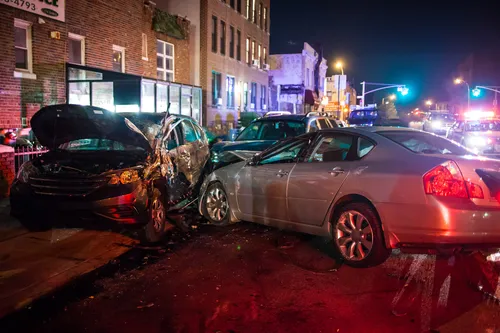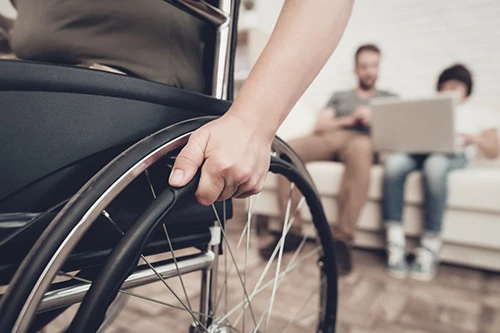At some point, you may wonder if a passenger can be held liable in a vehicle accident. Driver Knowledge exclaims that there are, on average, 6 million car accidents every year in the U.S. But how many are caused by passengers?
In the event of a crash, outside of treatment for their medical injuries and witness accounts, passengers often are excluded from any determination of liability. However, there are very few cases where passengers can be held liable for any damages caused.
What exactly is a passenger, anyway?
Using the technical definition, a passenger is a person who travels with the driver and has little to no responsibility for operating the vehicle. A vehicle, by definition, can be a bicycle, bus, plane, train, truck, or car.
Can a passenger be held liable for any injuries incurred?
The short answer is, not exactly, but there are exceptions. The passenger’s actions are what can influence the personal injury case to the point they could be at fault, even partially.
Why a passenger can’t generally be held liable
Passengers are not typically held liable for a vehicle accident because they’re not the driver of the vehicle. Anyone who holds the steering wheel and operates the vehicle is the driver. Furthermore, in law, negligence leading to an accident that is caused by the passenger is not valid. Instead, the driver will be held liable.
Passengers are unable to receive compensation if they enter the vehicle with a person incapable of driving. This insinuates that the passenger consented to ride with the person.
Someone who is considered unable to operate a vehicle would be:
- Suffering from a medical condition (including mental impairment)
- Having a physical condition such as seizures
- Under the influence of alcohol or any other drug
- Drowsy
- Recklessly driving
How a passenger can be held accountable
There are specific cases where a passenger could be held liable for any or all damages from the car accident.
Operating the vehicle as a passenger. If the passenger takes hold of the steering wheel for whatever reason, they are automatically perceived as the driver and thus can be held responsible. This also includes controlling the brakes, the gear shifts, or any other mechanical part that influences the maneuverability of the vehicle.
Encouragement and enabling the driver. A passenger can be held partially responsible for any damages incurred from a motor vehicle accident if they enabled and encouraged the driver to drive while the driver is unfit to do so. For instance, the passenger begged the driver to take them to the store for more alcohol when the driver was already drunk. Another example would be the passenger agreed to the driver driving home while intoxicated, becoming complicit in the cause of the accident.
Incapacitating the driver. A passenger can be held liable if they have interfered with the driver’s ability to operate the vehicle. Some instances include the passenger placing their hand over the driver’s eyes, tugging at them, or distracting them verbally.
Consult an attorney if you’ve been in a car accident potentially caused by a passenger
If you feel that a passenger of the vehicle that collided with your vehicle affected the outcome of the accident, a personal injury attorney would be able to help.
Can a Passenger of a Vehicle Be Held Responsible for the Accident?A personal injury attorney can gather evidence, collect witness accounts, and work hard to ensure you are paid fair compensation for your injuries, which include wage losses, medical bills, and your quality of life. That way, you can focus on resting and recovering from your injuries.

